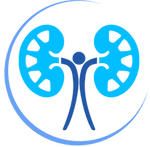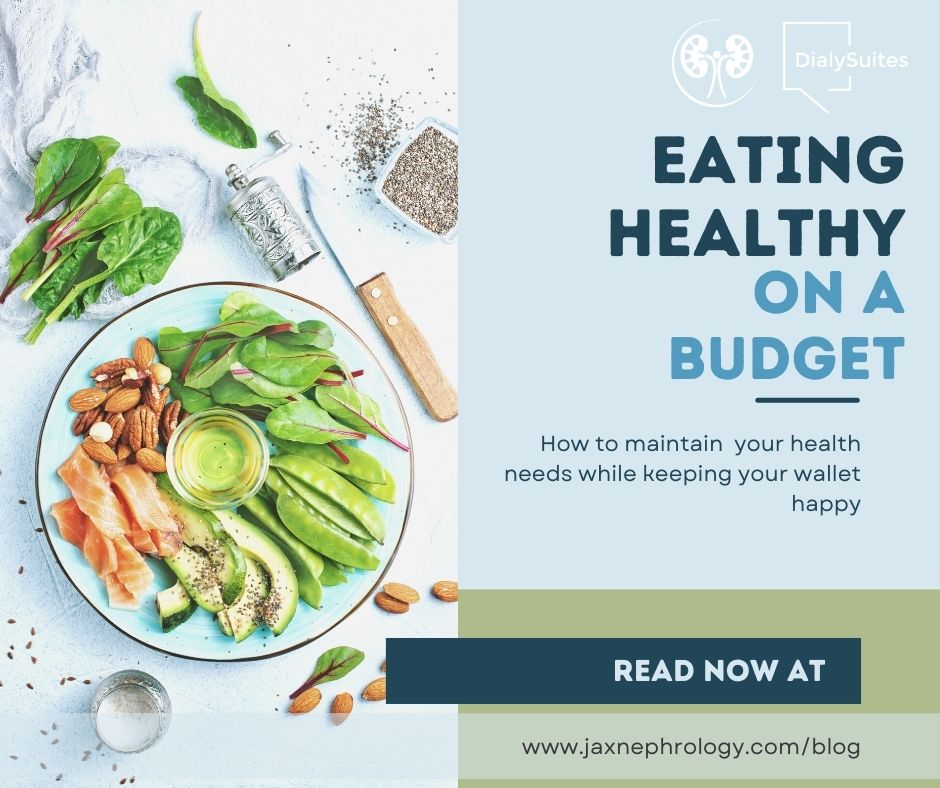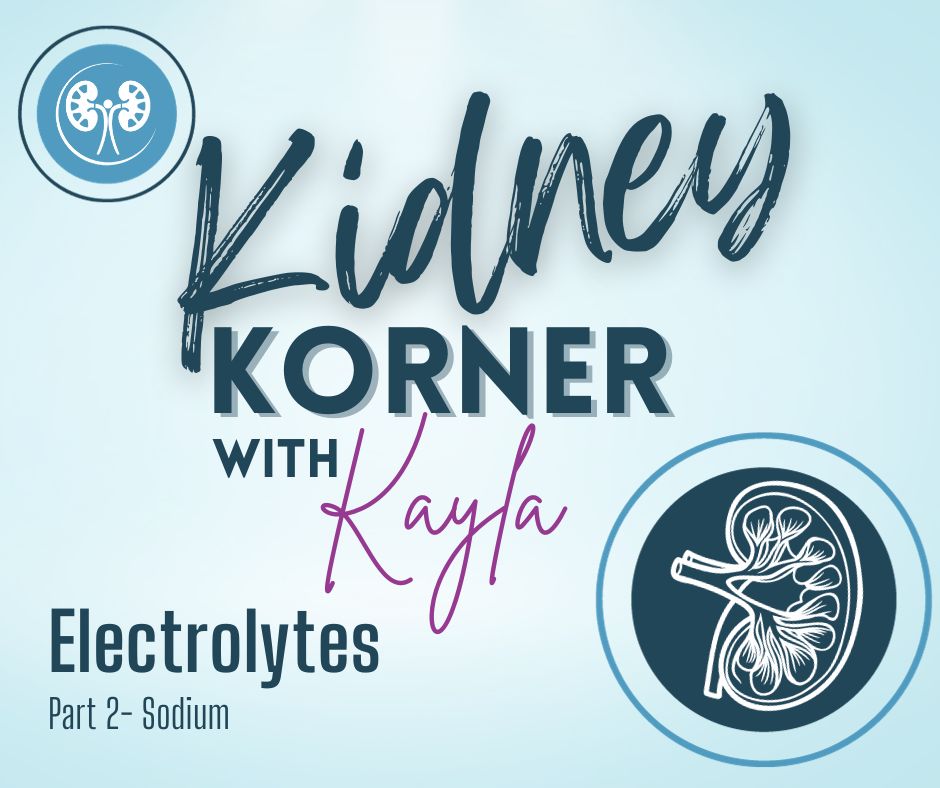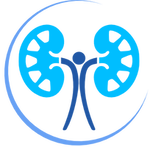|
Eating healthy can seem like an impossible task nowadays. However, it may be easier than you think. Listed below are some tips to keep your health on track and your wallet happy. What is “healthy eating”? Healthy eating can look different for everyone based on dietary needs and health conditions. The U.S. Department of Health and Human Services defines “eating healthy” as a “healthy eating pattern that includes a variety of nutritious foods and drinks. It also means getting the number of calories that’s right for you (not eating too much or too little).” It is especially important for patients with kidney diseases or on dialysis to consult with their healthcare providers and dieticians when considering changes in diet. Tips:
For more information on healthy eating, we have provided some resources below. Please contact your healthcare provider(s) before changing your diet or health habits should you have any conditions that require dietary restrictions. Health.gov World Health Organization CDC Eating healthy doesn’t have to be scary or a chore. Let us know what works best for you! As always, stay safe and healthy! What is sodium?
Sodium is an electrolyte with a positive charge. This differs from salt (sodium chloride) in that salt is a chemical compound while sodium is an element. We will be discussing sodium. What does sodium affect?
Common Sources of Sodium
How Dr. Munjal Helps: Dr. Munjal can make dietary change recommendations, order Basic or Comprehensive Metabolic Panels (BMP/CMP) to check electrolyte levels, or order various supplements or infusions. Munjal’s Musings: Sodium can come from a variety of sources, salt being one of them. One of the other most common sources of sodium is food preservatives. While it may be tasteless and not “salty,” it does not mean that it does not have sodium. A low sodium diet is generally recommended for patients with high blood pressure and kidney diseases. If you have any concerns or questions regarding sodium, please contact your Primary Care Physician or Nephrologist for recommendations. As always, stay safe and healthy! Resources CDC: 10 Sources of Sodium UCSF: Guidelines for a Low Sodium Diet This website is for informational and educational purposes ONLY. While we strive for accurate, general medical information, this does not replace professional medical advice. Do not rely solely on this information. Please consult with your physician for more information regarding your specific needs. If you are experiencing a medical emergency, please call 911. Walking is an underrated form of exercise that has a long list of useful benefits. Here are 10 benefits of walking that can improve your health.
Safe Walking Practices:
Consult with your healthcare provider(s) before altering or increasing your exercise habits to ensure that walking is a safe exercise for you. As always, stay safe and healthy! Resources: Sharma A, Madaan V, Petty FD. Exercise for mental health. Prim Care Companion J Clin Psychiatry. 2006;8(2):106. doi: 10.4088/pcc.v08n0208a. PMID: 16862239; PMCID: PMC1470658. https://www.healthline.com/health/benefits-of-walking#muscle-tone https://www.mayoclinic.org/healthy-lifestyle/fitness/in-depth/walking/art-20046261 https://www.betterhealth.vic.gov.au/health/healthyliving/Walking-the-benefits-for-older-people This website is for informational and educational purposes ONLY. While we strive for accurate, general medical information, this does not replace professional medical advice. Do not rely solely on this information. Please consult with your physician for more information regarding your specific needs. If you are experiencing a medical emergency, please call 911. |
About The BeanThe Bean is a blog on a mission to share valuable information in the world of Nephrology. We believe in empowering through education and The Bean is a great place to find resources and information on topics related to high blood pressure, kidney disease, dialysis, and topics that enhance the kidney minded lifestyle. Enjoy and be sure to subscribe! Archives
July 2024
Categories |
Contact Us |
Careers |
Connect With Us |
|
13241 Bartram Park Blvd., Suite 1001
Jacksonville, FL 32258 Open Map Tel: (904) 260-9898 Fax: (904) 260-9891 |
Interested in joining our team? Jacksonville Nephrology is dedicated to compassionate patient care through teaching and giving our team the tools needed to go above and beyond. Learn more about current openings. Learn More
|




